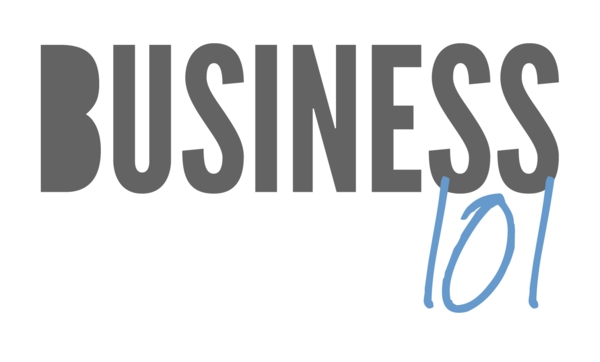The path to business ownership is a long one, but buying into an existing franchise can make it much shorter. At one point or another, almost everyone dreams of being the boss, instead of answering to one. A franchise allows you to buy into an existing company and gain access to already proven products and methodologies.

A few examples of some of the best known franchise opportunities are fast food chains like McDonalds or Taco Bell. Keep in mind though, that franchise businesses extend across all industries; they aren’t limited to fast food. H&R Block and Hampton Inn are both highly successful franchise businesses, with excellent reputations.
The Pros and Cons of Buying a Franchise
When buying into an already established business model, you gain some incredible advantages. Supply lines for product already exist, making it easy to restock regularly. Service industries have policies in place to handle virtually any circumstance, making it easy to get started serving customers. The national advertising campaigns also help drive leads, allowing new franchise owners to focus on the task of building a sustained client base, rather than generating leads and making sales calls.
Even with all of these advantages, there are some pitfalls that investors should consider. Buying into a franchise is typically more expensive than starting up a business from scratch. Franchise fees include both a lump sum to get started and then a continuing cut of the profits of the newly started business. Established supply lines are often required by a franchise contract, locking the new business owner into a specified price. Even if products could be obtained less expensively elsewhere, the franchise owner must buy from the contracted company. Carefully balance the pros and cons when looking at investing in a new business.
Getting a Franchise Started
The pros generally outweigh the cons of investing in a franchise, with much of the leg work finished before you ever get started. Good franchise operations take the time to do the market research to determine which areas are likely to respond well to a new business. Choosing the right franchise is usually the most difficult part of the process. Initial startup costs can be less than $10K or more than $10M, depending on the specific business.
Service industries like accounting services or maid services tend to have significantly lower startup costs when compared to restaurants and hotels; however, Forbes lists hotel and restaurant chains among their top ten franchise opportunities. Yes, the costs of getting started are much higher, but the time needed to turn a profit is much lower.
Choosing the Right Franchise
Ultimately, choosing a franchise should be a simple matter of looking at your skills and areas of expertise, and finding a reputable company within that industry. If you have food experience, a restaurant franchise is a great opportunity. If you are skilled as a plumber, cleaner or accountant, look for franchise opportunities in those industries. After finding the best focus, start researching each opportunity.
Every franchise operator must provide you with financial documentation detailing how your franchise fees are spent. They provide documentation about the inner workings of the franchise and a breakdown of how much is reinvested into operations. Franchise operators also inform investors about customer service and advertising campaigns, allowing them to make informed decisions about which franchise to choose. Talk with current franchise operators about the challenges, and carefully read all contracts before making the commitment.
Outside financing helps you get started, but it can also be difficult to sustain. Be cautious about taking out loans since paying them off can be a real challenge during the first five years. Be informed, and make the best decision possible when investing in the dream of small business ownership. For more advice on small business financing visit Boost Capital.
Opening a franchise can be an exciting challenge. Rob provides franchising tips for SMBs.

